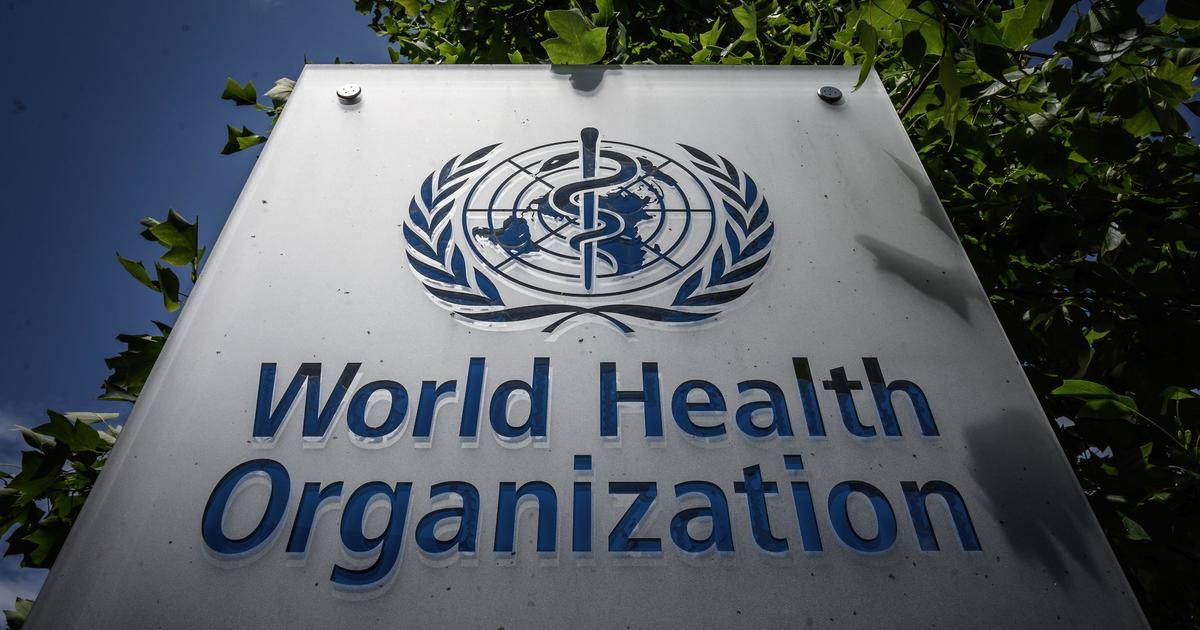The World Health Organization (WHO) has officially classified the EG.5 coronavirus strain, prevalent in the United States and China, as a “variant of interest.” However, the organization reassures that this variant does not appear to pose a greater threat to public health than other existing variants.
Although the EG.5 variant has been swiftly spreading and constitutes over 17% of cases in the United States, it has also been identified in other countries like China, South Korea, Japan, and Canada.
The WHO conducted a risk evaluation and stated that based on the available evidence, EG.5 doesn’t carry additional public health risks compared to other Omicron descendant lineages. Nonetheless, the organization emphasized the need for a more comprehensive risk assessment for EG.5.
COVID-19 has tragically claimed the lives of more than 6.9 million people globally, with over 768 million confirmed cases since its emergence. The WHO declared the pandemic status in March 2020 and later lifted the global emergency status for COVID-19 in May of this year.
Maria Van Kerkhove, the WHO’s technical lead on COVID-19, clarified that while EG.5 demonstrates increased transmissibility, it doesn’t exhibit greater severity than other Omicron variants.
“We haven’t detected a change in the severity of EG.5 compared to other sublineages of Omicron that have been circulating since late 2021,” she stated.
The Director-General of WHO, Tedros Adhanom Ghebreyesus, expressed concern about the inadequate reporting of COVID-19 data by many countries to the organization. He noted that only 11% of countries had reported hospitalizations and ICU admissions related to the virus.
In response, the WHO issued a set of standing recommendations for managing COVID-19, urging countries to continue reporting comprehensive data related to mortality, morbidity, and vaccination.
Van Kerkhove stressed that the lack of data from numerous countries is impeding the global efforts to combat the virus, highlighting the growing delay and decline in the ability to anticipate and respond effectively.




